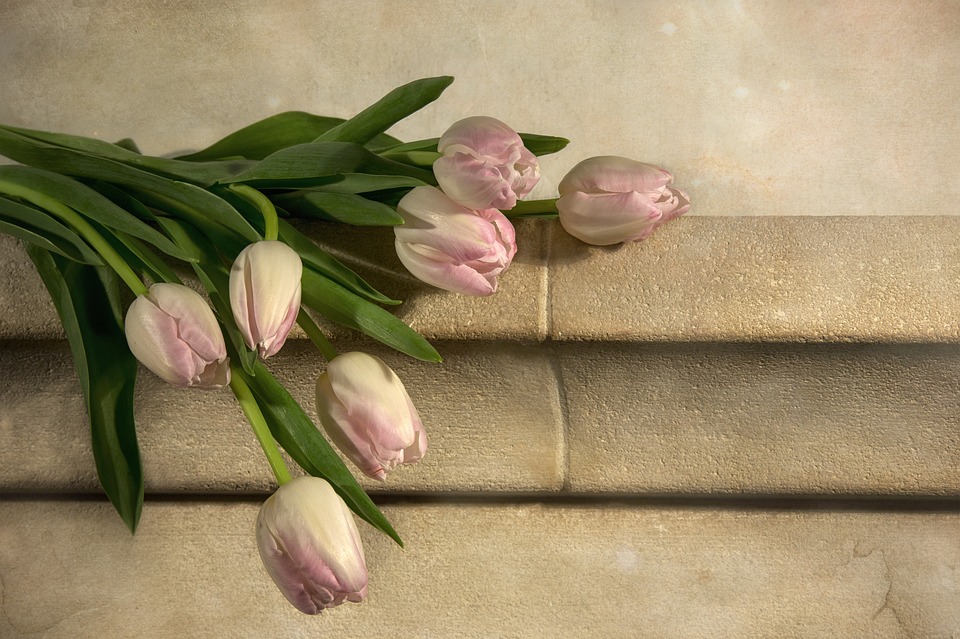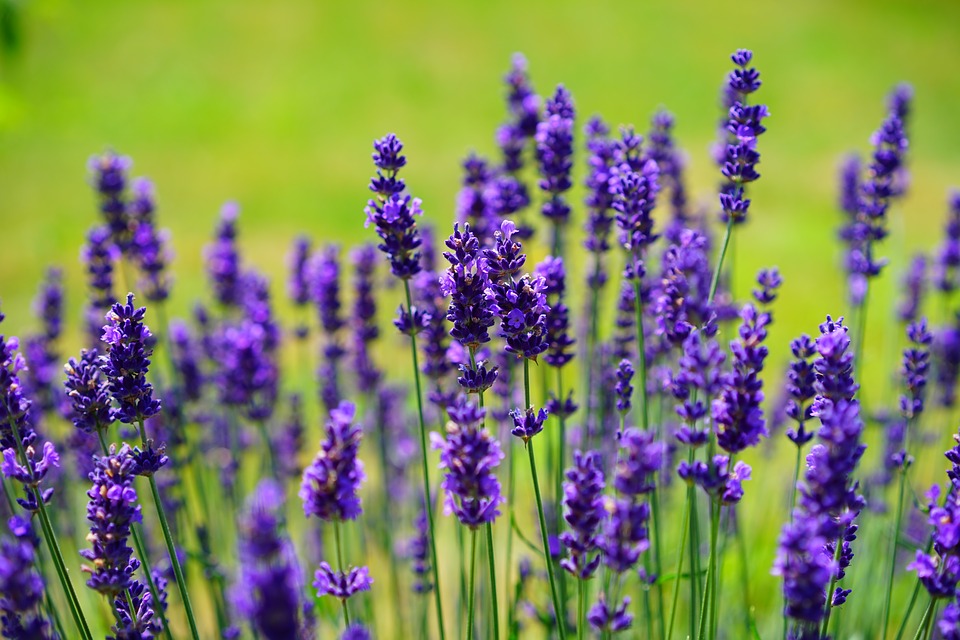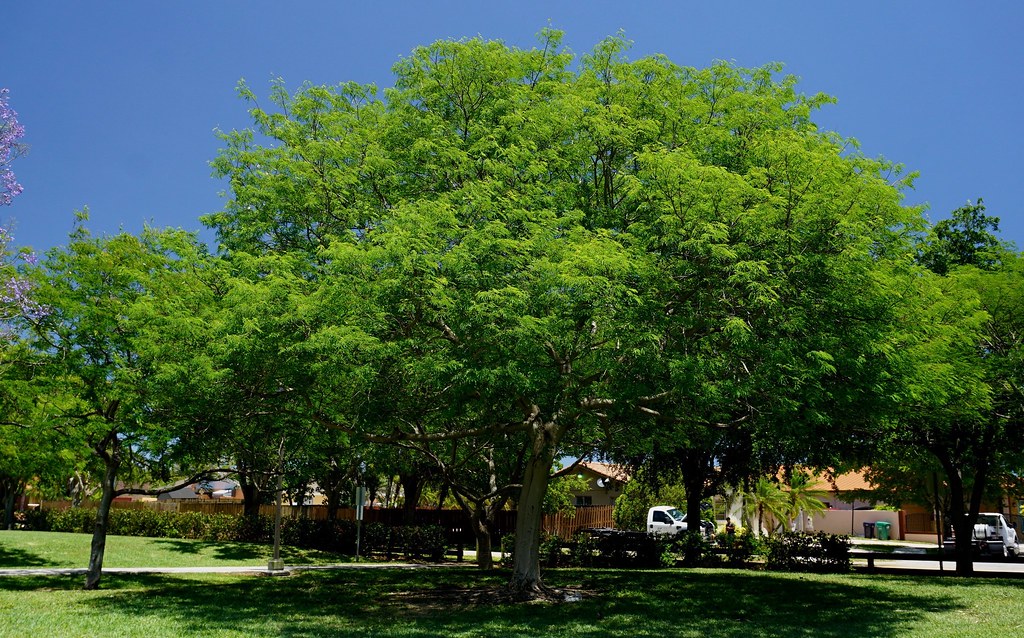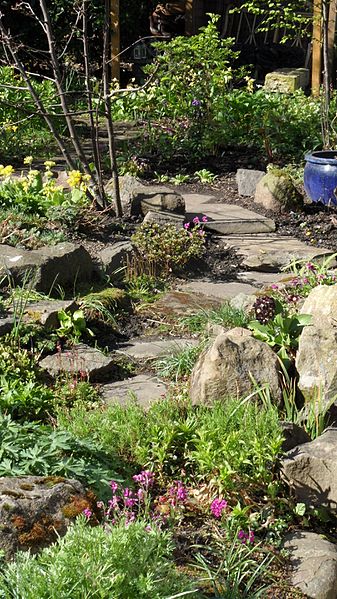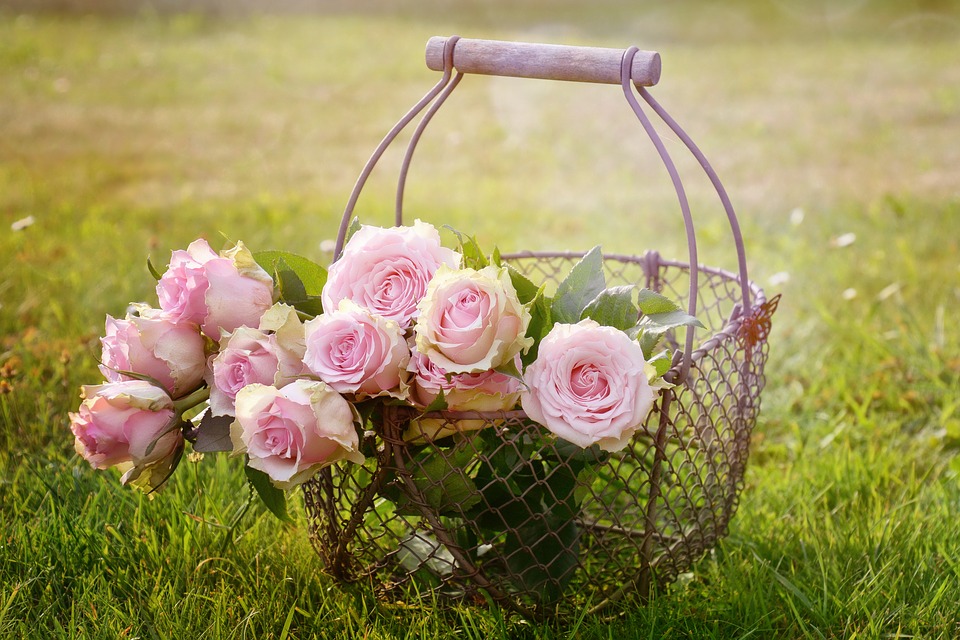
When hay fever season is on, allergy sufferers are on their guards. They immediately turn into plant haters as they try their best to avoid any flower which contains pollen. When the wind will start blowing, it is flowers which form part of the Aster (Asteraceae) family which will trouble allergy sufferers.
We have some good news for all allergy sufferers who love flowers. There are still many flowers which will not make you sneeze or sniffle. Most of them are the most fragrant flowers which you ignore as you suspect them as being a hay fever trigger. You can opt for camellias, lilies, and roses which generally do not contain any kind of pollen that can be dispersed by the wind.
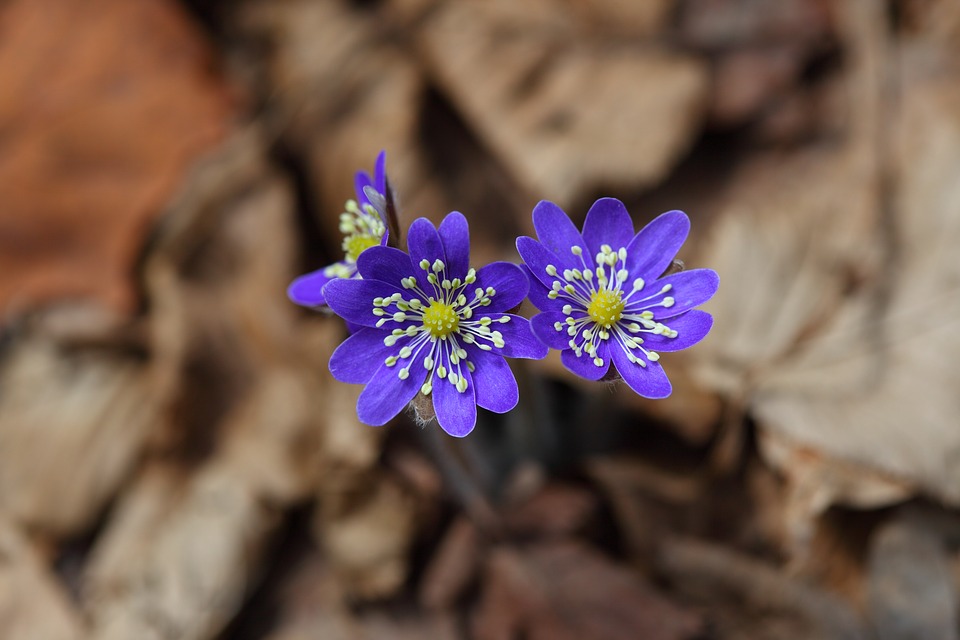
Some fragrant flowers are not meant to be kept indoors as they can be irritant with their scent. If you are opting for gardenias, hyacinth, jasmine or lilacs, it would be preferable that you grow them outdoors.
Allergy Sufferers! Here are some flowers which you can now plant in your gardens :
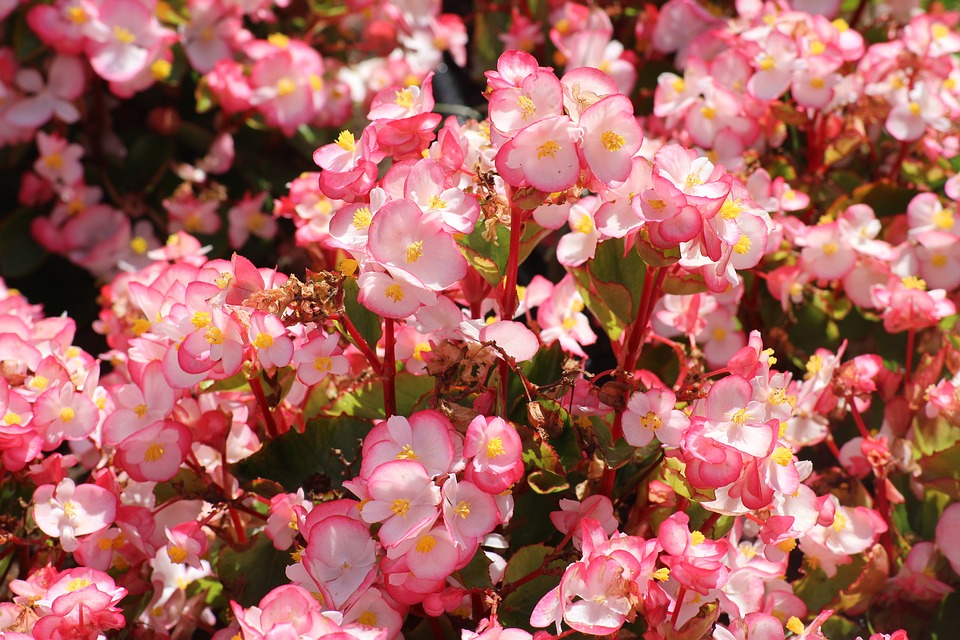
- Begonia
These flowers can be seen in almost every garden, however, rest assured as these flowers tend to release a minimal amount of pollen which will hardly trigger your allergy. All types are begonias are safe for people who have pollen allergies.
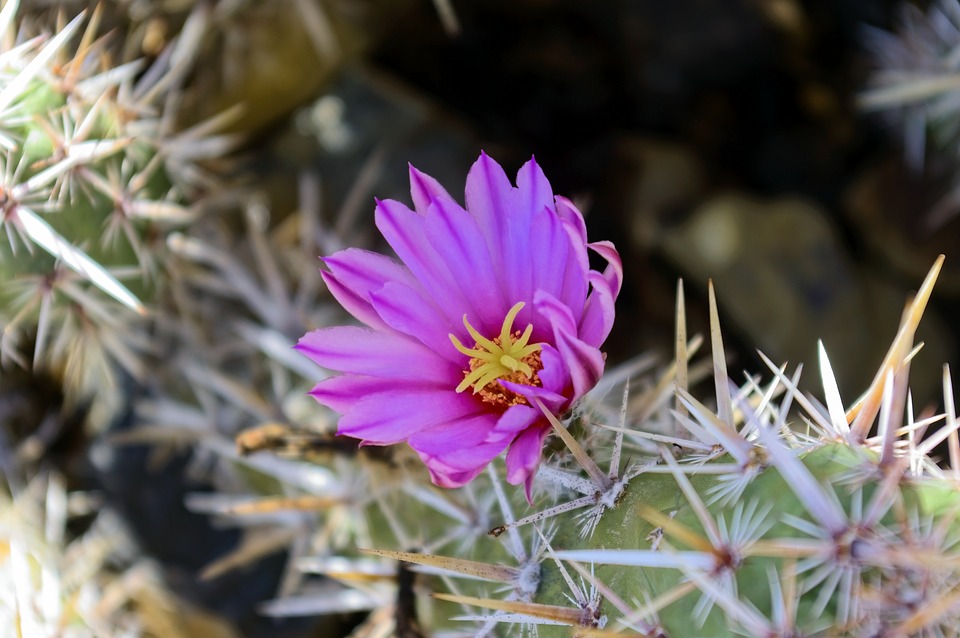
- Cactus
Many people do not know that cactus have flowers, but they do. The best thing about cactus flowers is that even though they need cross-pollination from another cactus to make a viable seed, they do not rely on the wind to disperse it. Insects and birds help them out.
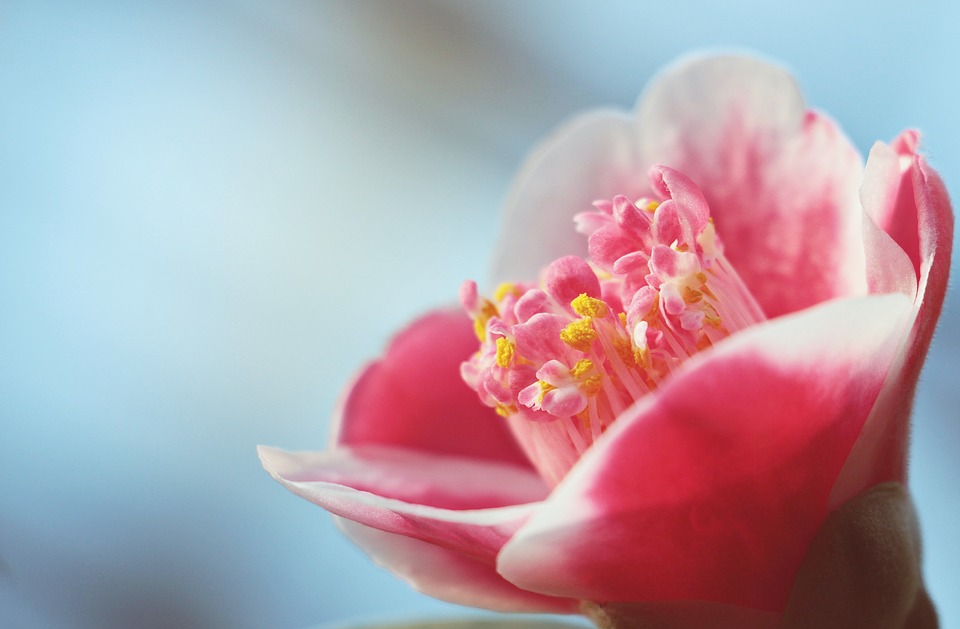
- Camellia
Many allergy sufferers tend to run away from flowers with fragrance as they suspect them to be allergy-inducing flowers. Camellias are beautiful flowers with a sweet fragrance and the good news is that they are dioecious! It simply means that they have male and female reproductive organs on the same flower thus the pollen is right here to reproduce. No need for the wind.
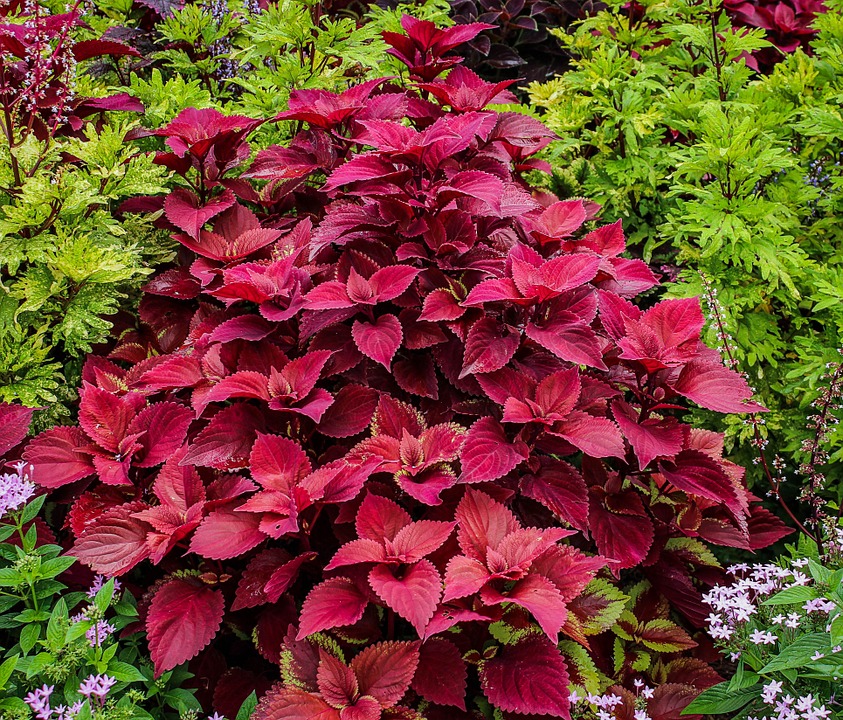
- Coleus
Coleus plant is famous for its leaves as the leaves tend to bring a lot of colors in your garden. Normally gardeners tend to pick off the flowers the moment they start blooming. If you follow this trend, you will get a thicker and lusher plant and no allergy trigger. Isn’t that great?
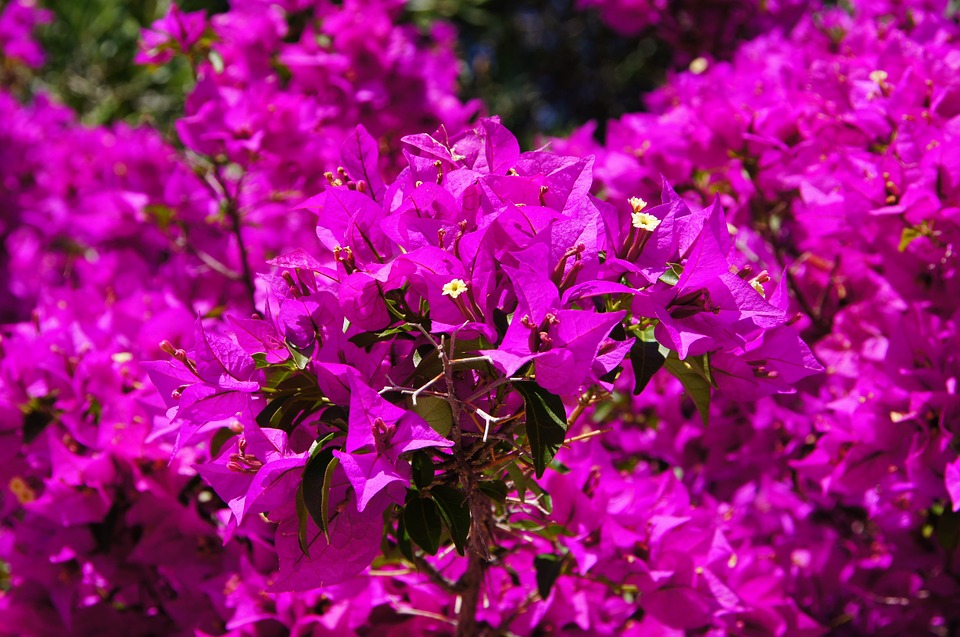
- Bougainvillea
Bougainvillea is awesome flowers which really makes your garden stand out. Many people used this flower to decorate their outdoor area. These tiny flowers inside the bougainvillea flowers produce very less pollen.
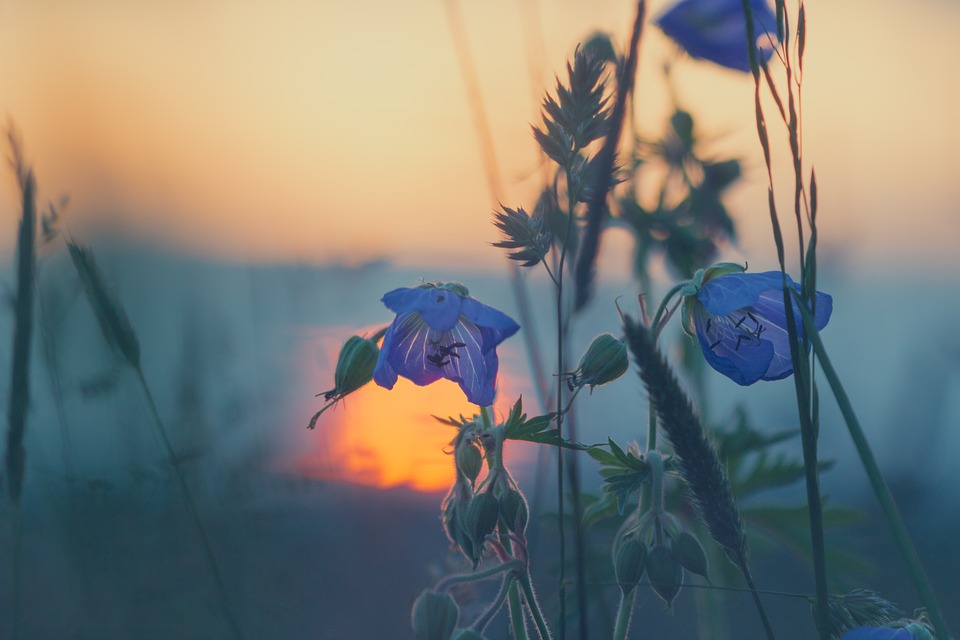
- Geranium
Some people not only get sneezing allergies from Geraniums, some even get skin irritation from touching the leaves. Scientists have come up with a pollen-free geranium although it is not yet distributed worldwide. However, Geraniums give off only a little bit of pollen.
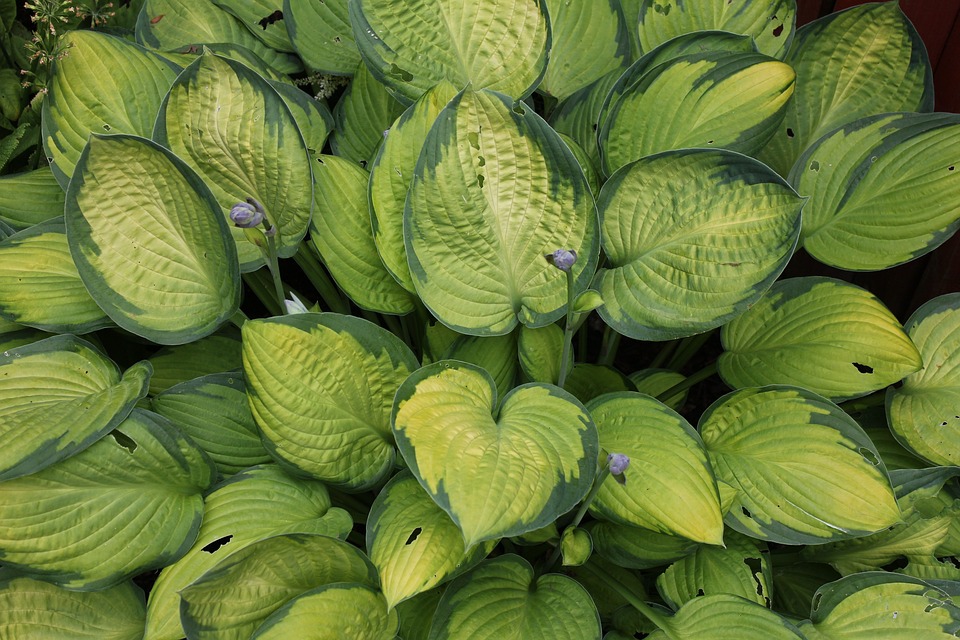
- Hosta
This seems to be the favorite of gardeners as these plants need only a little care. They are normally considered as workhorses in the garden. Gardeners normally cut off the flowers of this plant before they bloom with make them allergy free.
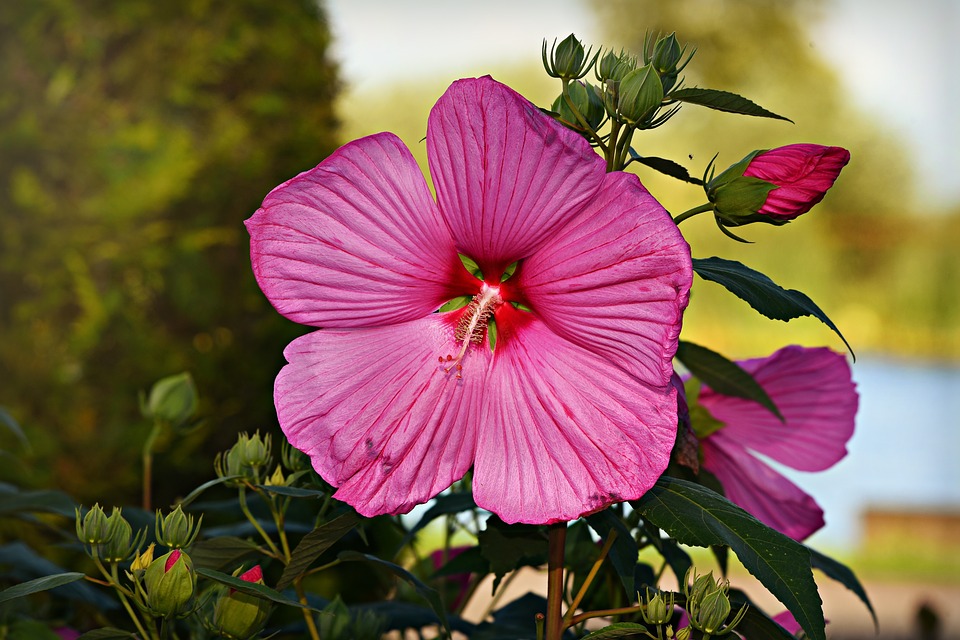
- Hibiscus
Even though hibiscus produces very heavy pollen, it is not transmitted by the wind. However, if you are a prey to hay fever, you should be very careful while drinking hibiscus tea. It is made from the flowers which can still contain flowers.
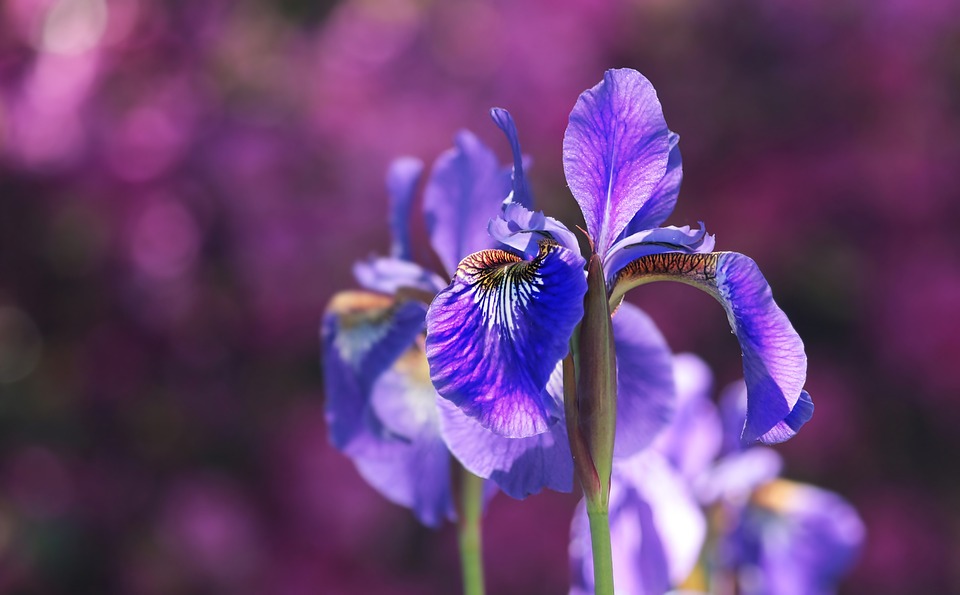
- Iris
This flower as well does not really depends on the wind to transport its pollen. Iris has slopping petals which attract bees deep inside the flowers which allows the bees to feast and carry the pollen to the next flower.
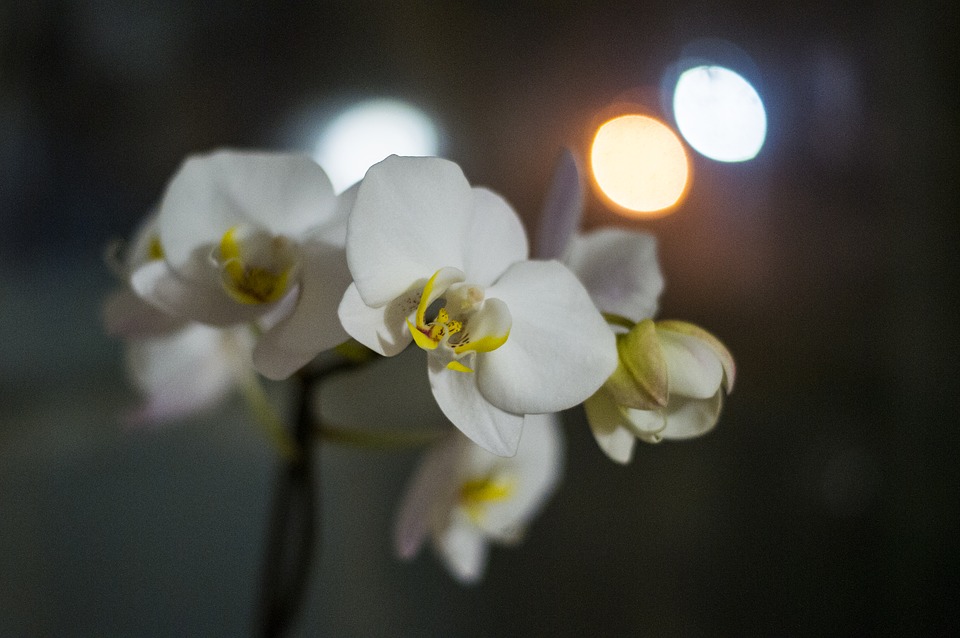
- Orchid
While some sensitive people may experience hay fever while they get in contact with orchids, their pollen is not considered as an allergy trigger. However, some people have notice skin irritations from the sap of some orchids.
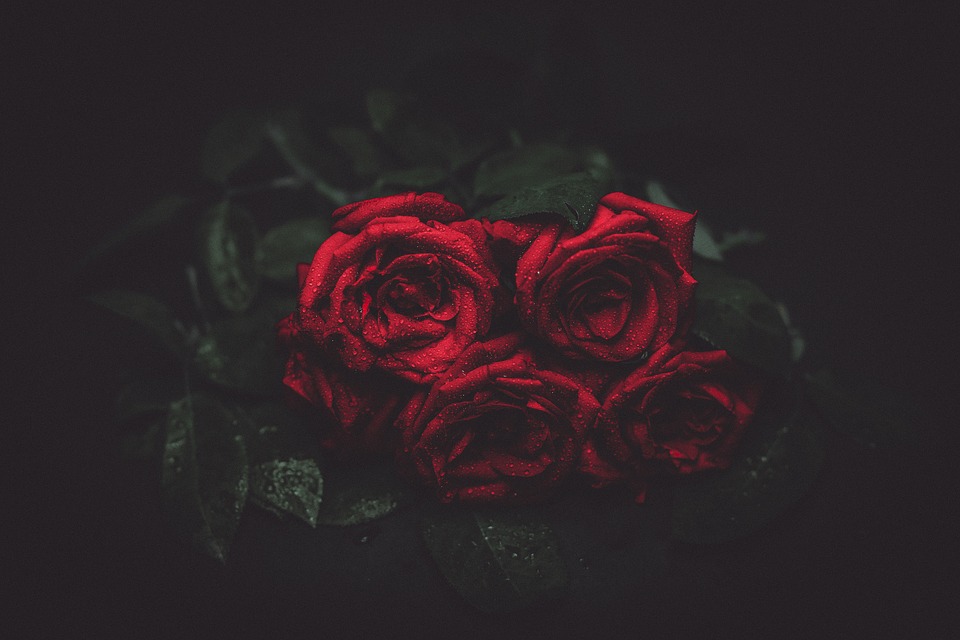
- Roses
Most of the roses plants do not trigger hay fever. It has been proved that roses with dense petals release very fewer petals than the single ones. If you want to cultivate roses in your garden, you might want to go off the double petals one. Try to avoid wild roses.
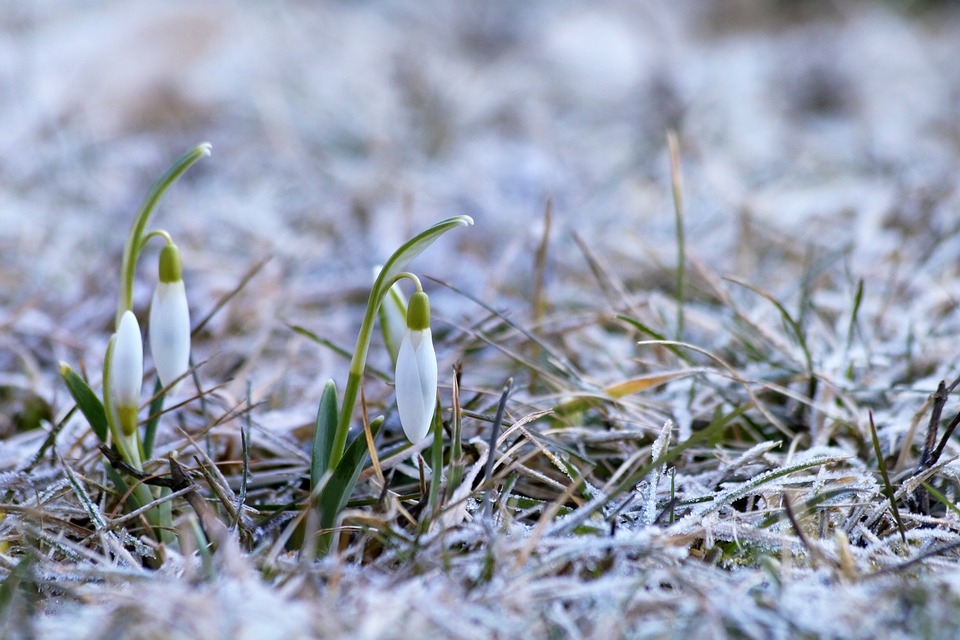
- Spring bulbs
The best thing about owning spring bulbs is that they are self-pollinating. The flower is low in pollen so you can worry less even though it can be airborne. Spring bloomers include crocus, daffodils, hyacinth, and tulips.
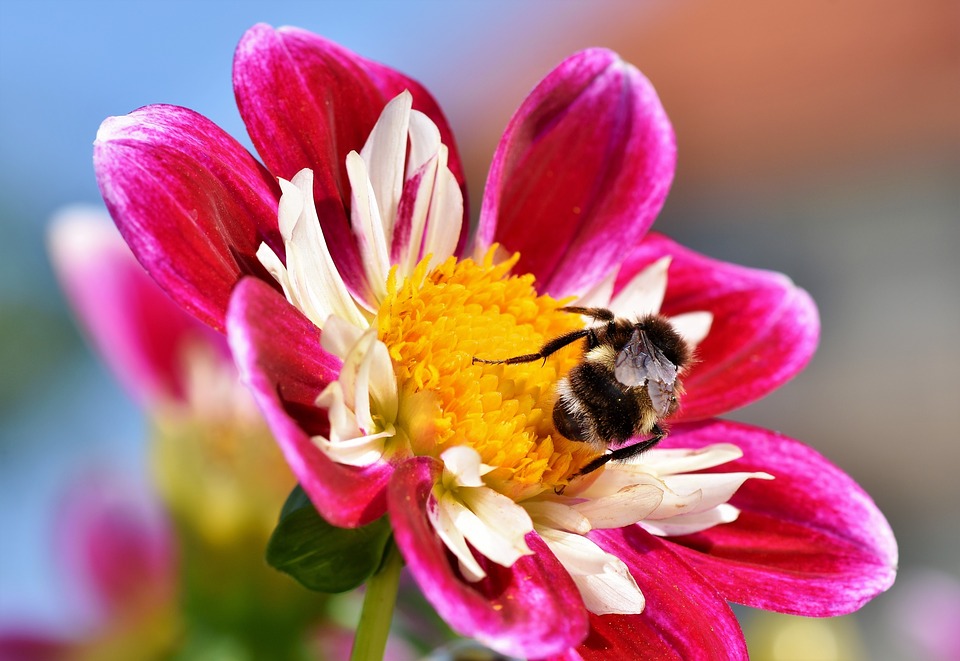
- Zinnia
Zinnias form part of the infamous Aster Family. However, this beauty has less pollen which might not cause hay fever. You would prefer to go to the new hybrids just to be on the safe side.
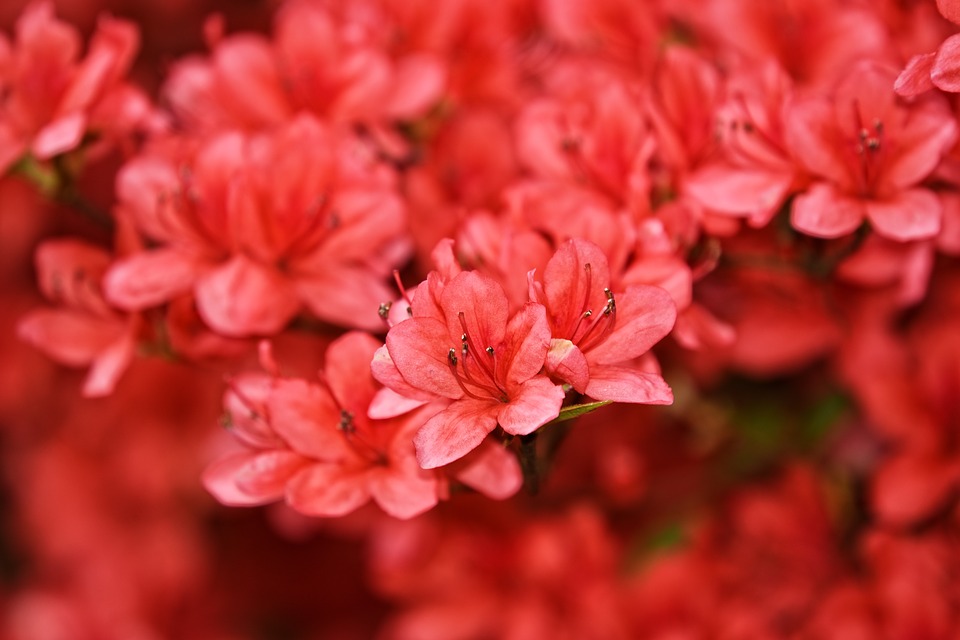
- Azalea
Azalea needs insects for their process of pollination. They rarely release their pollen in the wind. However, it is not recommended to sniff an azalea bloom too closely as all parts of this flower are poisonous to humans.
